Workshops, presentations and poster sessions showcasing pedagogic best practice.
CELebrate 2016 takes place from Wednesday 13 – Friday 15 April 2016. This is the ideal opportunity to think about new pedagogic approaches and good ideas to enhance the student learning experience.
We have three external speakers coming – Professors Jane Seale from Exeter, John Cook from UWE and Peter Bryant from LSE – and over 30 internal colleagues showcasing best practice through presentations, poster sessions and workshops.
You can find out about all sessions and book via the CELebrate 2016 pages, or view events by the following pedagogic themes:
- Technology enhanced learning
- Research engaged learners
- Assessment and feedback
- Work based learning and employability
- Innovative pedagogy
For more information, contact cel@bournemouth.ac.uk.
Join the discussion via #CELebrate2016.
If any postgraduate researchers are unable to access the Staff Intranet, please email Organisational Development.

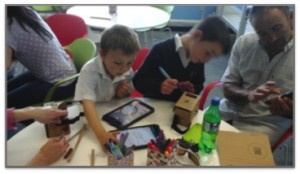

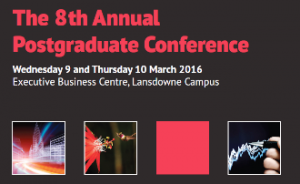


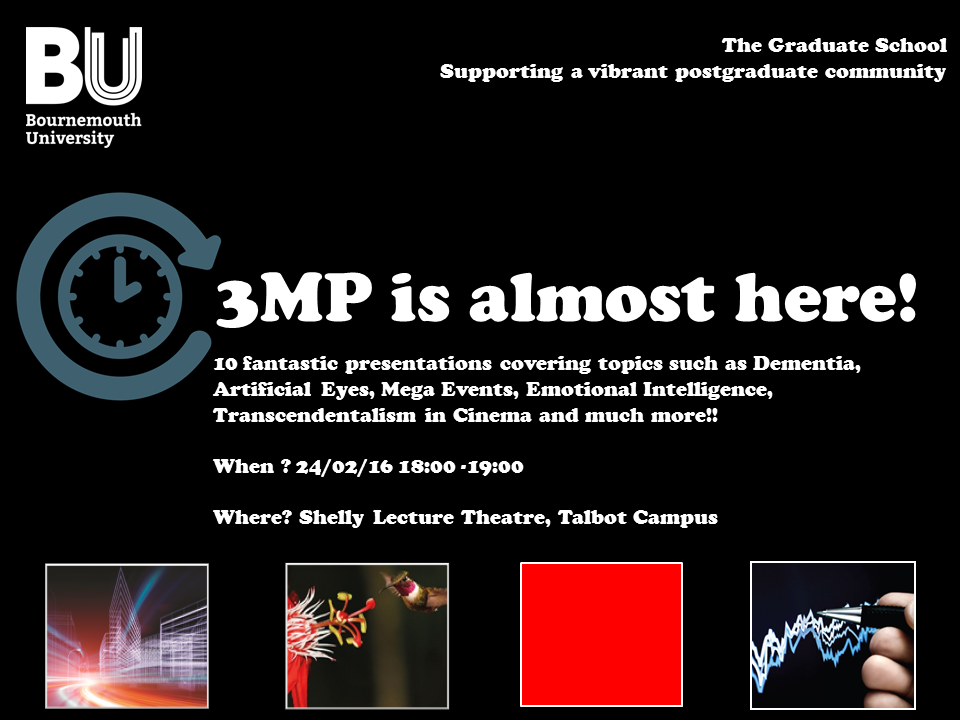

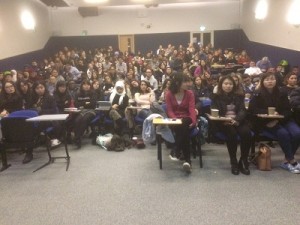
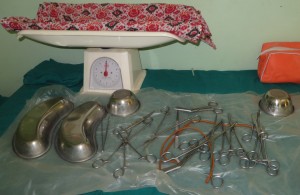
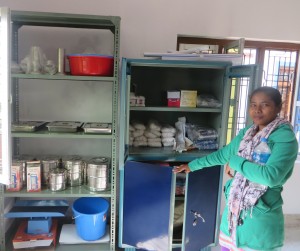
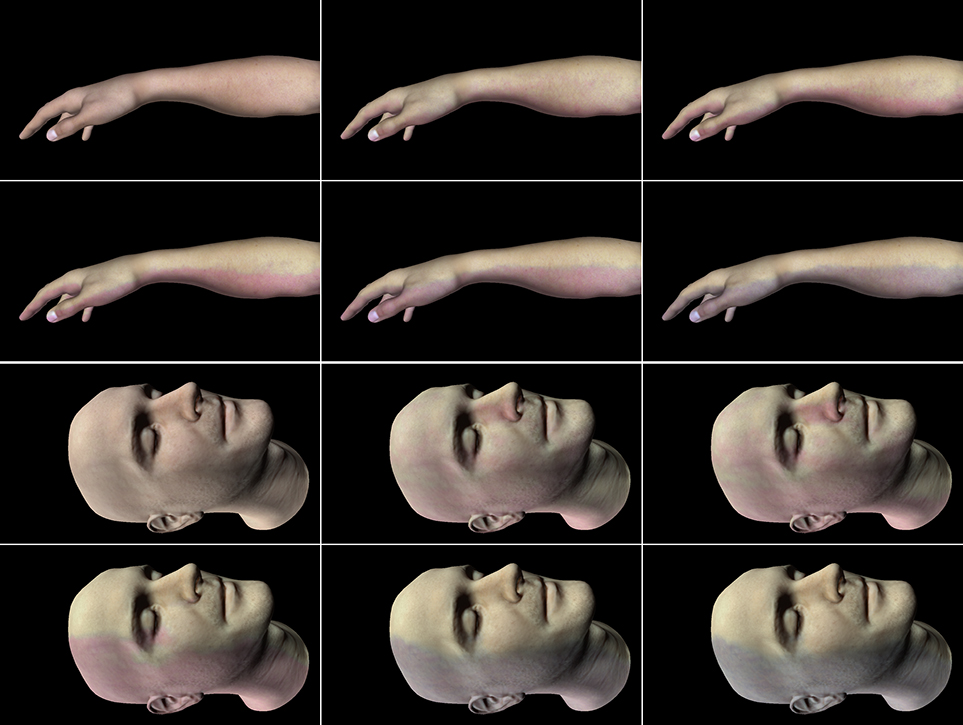
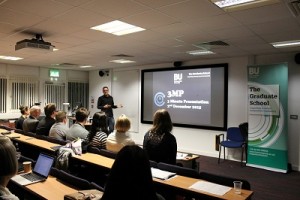
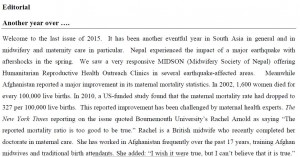












 Seeing the fruits of your labour in Bangladesh
Seeing the fruits of your labour in Bangladesh Exploring Embodied Research: Body Map Storytelling Workshop & Research Seminar
Exploring Embodied Research: Body Map Storytelling Workshop & Research Seminar Marking a Milestone: The Swash Channel Wreck Book Launch
Marking a Milestone: The Swash Channel Wreck Book Launch No access to BRIAN 5-6th February
No access to BRIAN 5-6th February ECR Funding Open Call: Research Culture & Community Grant – Application Deadline Friday 12 December
ECR Funding Open Call: Research Culture & Community Grant – Application Deadline Friday 12 December MSCA Postdoctoral Fellowships 2025 Call
MSCA Postdoctoral Fellowships 2025 Call ERC Advanced Grant 2025 Webinar
ERC Advanced Grant 2025 Webinar Update on UKRO services
Update on UKRO services European research project exploring use of ‘virtual twins’ to better manage metabolic associated fatty liver disease
European research project exploring use of ‘virtual twins’ to better manage metabolic associated fatty liver disease